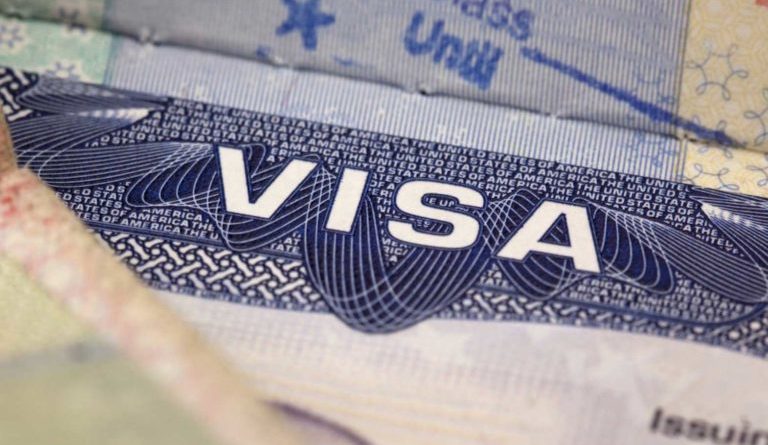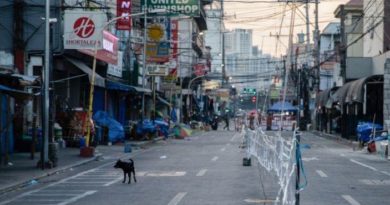US VISA : IMMIGRATION CORNER- No visa if the petitioner moved back to the Philippines

Dear Atty. Gurfinkel:
My US citizen father petitioned me in 2011 as a single adult child (Category F-1). About 3 years ago, he moved back to the Philippines. I am now receiving notices from the NVC that my visa is available and I need to pay fees and submit various forms.
Could I still apply for my visa even though my father is now living in the Philippines? He’s already 86 years old, has no income, is too elderly to travel, likes living in the Philippines and I have a relative in the US who is willing to submit an affidavit of support on my behalf instead of my father.
Very truly yours,
MC
.

Dear MC:
Unless your father is domiciled (living) in the US, your visa will not be issued. Therefore, your father would have to relocate back to the US or you would need to find a different way to immigrate.
By law, the petitioner must submit an affidavit of support with all family-based petitions. To submit the affidavit of support, the law also requires the petitioner be domiciled (or living) in the US. Therefore, if a petitioner is not domiciled in the US, they cannot submit an affidavit of support and the visa will not be issued. It does not matter the various reasons or justifications you might want to offer as to why the petitioner cannot move back to the US, such as being elderly, no income, having a substitute sponsor, etc.
“Domicile” means the petitioner’s principal “residence,” with the intention to maintain that residence for the foreseeable future. That means they cannot come to the US to merely “visit” until the visa is issued. The petitioner is supposed to have the intention to maintain residence in the US for the foreseeable future.

In fact, the State Department’s website has FAQ’s directly addressing the issue of the petitioner’s domicile in the US, and specifically state that a US citizen cannot submit an affidavit of support if they are not living in the US. That website further confirms that if the petitioner does not have a domicile in the US, a joint sponsor cannot file an affidavit of support.
Therefore, I would advise you to convince Tatay to move back to the US as soon as it is safe to do so with COVID-19. Also, the embassy might want to confirm he is actually in the US, and ask that you submit a Certificate of Petitioner’s Status, which is a form for you to put a notarized photograph of your father holding up a current newspaper in front of a US landmark, such as a post office, Walmart, etc., to make sure he is both alive and in the US.
If this situation applies to you, you may want to consult with an immigration attorney. But I want to be clear that the solution would likely require the petitioner to be domiciled in the US. No domicile, no visa.
* * *
Website: http://www.gurfinkel.com
Follow us on Facebook.com/GurfinkelLaw, YouTube: US Immigration TV and Instagram.com/gurfinkellaw
Four offices to serve you: Los Angeles, San Francisco, New York: toll free: 1-866-GURFINKEL (1-866-487-3465) Philippines: +632 8894-0258 or +632 8894-0239












